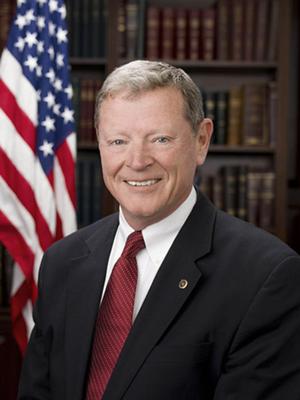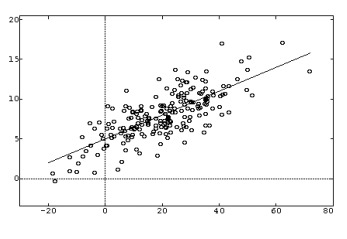MAJOR GLOBAL CONCERN
by Mrs Pervin Kavarana
(INDIA)

Animals potentially affected by global warming
During the past century, the earth's surface temperature has gone up by nearly a full degrees centigrade.
Barry's Response - Big Deal? Maybe, we've seen quite a few environmental disasters and MIGHT be able to blame it on global warming.What Can I Say?
Nobody knows for sure what it will mean. Except that it has become warmer at times (and cooler at other places and times by the way) and many will blame greenhouse gases. Climate change and global warming have gone hand-in-hand.
Could global warming be blamed for recent plant and animal extinctions? Maybe. It's never trivial assigning causation for any event of this sort.
Species have been known to fail to adapt to changes in their surroundings, and recent extinctions should be no exception. On the other hand, species have appeared and disappeared throughout the history of time and when extinctions occur, that can be considered quite normal.
The earth (along with its natural environments) is a dynamic place; we cannot, nor should we try to, alter that fact.
What Have we Seen?
If it's hard data you're looking for: Check out weatherspark.com - under "more" it extrapolates measured data to come up with a rate of global warming based on the stations selected, following user-specified credentials. If I select all of the world's available stations in their database from 1949 to 2011, with:
- at least ten years of good data,
- and missing no more than 100 hours in each of those years,
There's nothing more urgent than a polar bear on a shrinking ice cube, right? You're right to be worried. With a sprinkle of mischief, some meteorological honesty, and a generous dollop of curiosity, let's talk about climate change.
I love a weather map
Don't get me wrong. The Earth is a drama queen, so don't panic over a single hot year or soggy summer. It's been tantrums, ice ages, and solar-fueled growth spurts. Is Aunt Doris unpredictable? Try modelling cloud microphysics over the Indian Ocean during a solar minimum!The great Canadian climatologist once said, "Weather is what you wear, climate is what you pack." Poetic and practical. Short-term, cherry-picked datasets often confuse suitcases with trips. Data isn't as important as politics and funding incentives.
Extrapolating high-quality global temperature records from 754 stations (Weatherspark.com has a nice tool for that) shows a warming trend of 1.6°C per century. It's real, but it's manageable-especially if we don't ignore natural influences like solar irradiance, volcanic activity, and oceanic cycles like El Niño–Southern Oscillation (ENSO). They're usually left out of political climate posters.
How about the 40+ species that go extinct every day regardless of temperature changes? Habitat loss, overhunting, and well-meaning green policies don't take local realities into account. The nuance of ecosystems. Forces also shape them.
Make it Better
Do you want to stop environmental degradation? Clean air, better water, resilient agriculture, and community-level stewardship rooted in science and soul are needed. It's good if you're smiling. Great if you're furious. Means you're still thinking about it.
Reframe this global concern with fierce curiosity, not fear. Come on, let's save the planet...with intelligence.
It's a good idea to combine high-precision atmospheric dispersion modeling with rich cultural narratives, visual storytelling, and care principles. You don't need a PhD or UN pass to take care of the environment.
Always ask questions. Feel better knowing your air is being monitored by people who don't mind clearing fog. Comment below to inject some fresh air into this climate conversation.
Search this site for more information now.
Comments for MAJOR GLOBAL CONCERN
|
||
|
||
|
||
Do you have concerns about air pollution in your area??
Perhaps modelling air pollution will provide the answers to your question.
That is what I do on a full-time basis. Find out if it is necessary for your project.
Have your Say...
on the StuffintheAir facebook page
Other topics listed in these guides:
The Stuff-in-the-Air Site Map
And,
Thank you to my research and writing assistants, ChatGPT and WordTune, as well as Wombo and others for the images.
GPT-4, OpenAI's large-scale language generation model (and others provided by Google and Meta), helped generate this text. As soon as draft language is generated, the author reviews, edits, and revises it to their own liking and is responsible for the content.





